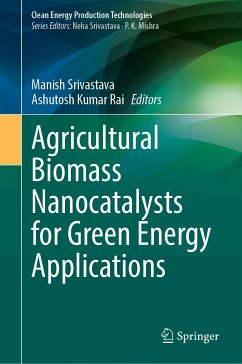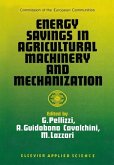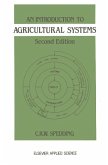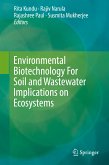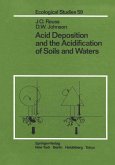Nanomaterials continue to attract attention in the field of proteins and enzymes due to their versatile physicochemical properties and potential. They offer opportunities to enhance various biofuel production processes by serving as catalysts in the reaction medium. For instance, studies have highlighted the significant improvements in cellulase enzyme production, stability, pretreatment of lignocellulosic biomass, and enzymatic hydrolysis efficiency achieved through the utilization of nanomaterials. The impact of nanomaterials on fermentative hydrogen production has also been documented. While the application of nanomaterials in biofuel production processes has been reported in the literature, there remains a need to focus on the type of nanomaterials, their synthesis, and their specific effects on important process parameters. Addressing and evaluating these factors is crucial to effectively improve and streamline biofuel production processes using nanomaterials.
The book serves as a comprehensive introduction to nanomaterials and nanotechnology in biofuel production, catering to the needs of researchers, academicians and students.
Dieser Download kann aus rechtlichen Gründen nur mit Rechnungsadresse in A, B, BG, CY, CZ, D, DK, EW, E, FIN, F, GR, HR, H, IRL, I, LT, L, LR, M, NL, PL, P, R, S, SLO, SK ausgeliefert werden.

